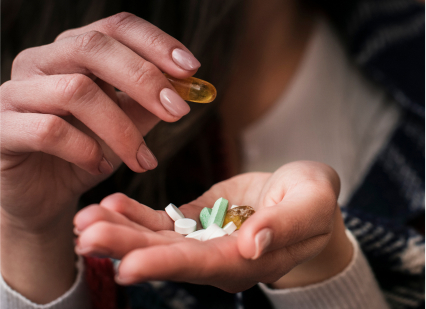A child is one of the most precious things in a parent’s life. So, when they learn or even suspect that their child is struggling with addiction, it can cause any number of thoughts, feelings, or behaviors. Anger, sadness, frustration, guilt, and heartbreak are all common emotions for parents in this situation. This is true even if the addicted child is an adult. What is different for parents of addicted adults are the relationship dynamics. When your child is… well, a child, you are the one who has authority over them. Legally, you are in charge of this person. However, a parent no longer has rights over their child once they turn 18. If the child lives on their own and has their own car and money, what can the parent actually do to protect their child? If this is a struggle that resonates with you, you are not alone. That innate desire to protect your child will still serve you well in getting them help as long as it is properly placed.
Here are 5 do’s and don’t for parents of addicted adult children:
1) Do address the behavior, not the person. Don’t berate your loved one for their choices.
Talking about addiction, how it is affecting the family, and getting treatment is going to be important, but how you approach these topics will largely affect the response. Phrasing sentences in a way that focuses on the behaviors as opposed to the behavior, reduces the chances of coming off judgemental. Remember, addiction isn’t who a person is but a disease they struggle with.
2) Do set boundaries and invite open communication. Don’t ignore the problem or make excuses for problematic behaviors.
Although talking about certain topics can be difficult within the parent-child relationship, ignoring the issue will not make it go away. Also, making excuses is a form of enabling. In order to make communication easier for everyone involved, set clear boundaries of what each individual is comfortable with talking about or hearing. Still make it clear that as the parent, you are someone that they can come to and talk with openly.
3) Do offer to help find support services for them. Don’t make a habit of lending them money.
Lending money is another form of enabling. If you continue to lend your child money, then they will not experience financial-related consequences of their addiction. Instead, they will be able to afford another day of addiction. There are other ways to support them, such as helping them find an addiction treatment program or recovery resources, and simply providing emotional support.
4) Do ask your loved one how you can best support them. Don’t smother your loved one.
Constantly trying to do what you think is helpful, isn’t always what is truly helpful. Throwing out a few ideas may be helpful if your child isn’t sure how you can support them, but don’t push. Being too overbearing can actually be a trigger for some people, doing more harm than good. The best thing to do is ask how you can be most helpful and what kind of support they need. Maybe it’s literally just being there or listening to them talk. It may not feel like you are doing a lot in the times when you are actually doing the most.
5) Do invest in your own recovery and wellbeing. Don’t ignore your own physical, emotional, and financial needs.
You may have heard the saying that you cannot help others if you don’t take care of yourself first. Keep this in mind, because dealing with addiction can be draining on family members just as much as the individual who is/was using. Take time for self-care and find ways to get support for yourself. Al-Anon is one example of support groups specifically for family members of addicts. Attending an al-anon meeting or setting up sessions with your own therapist are just a few ways to invest in your own recovery.





